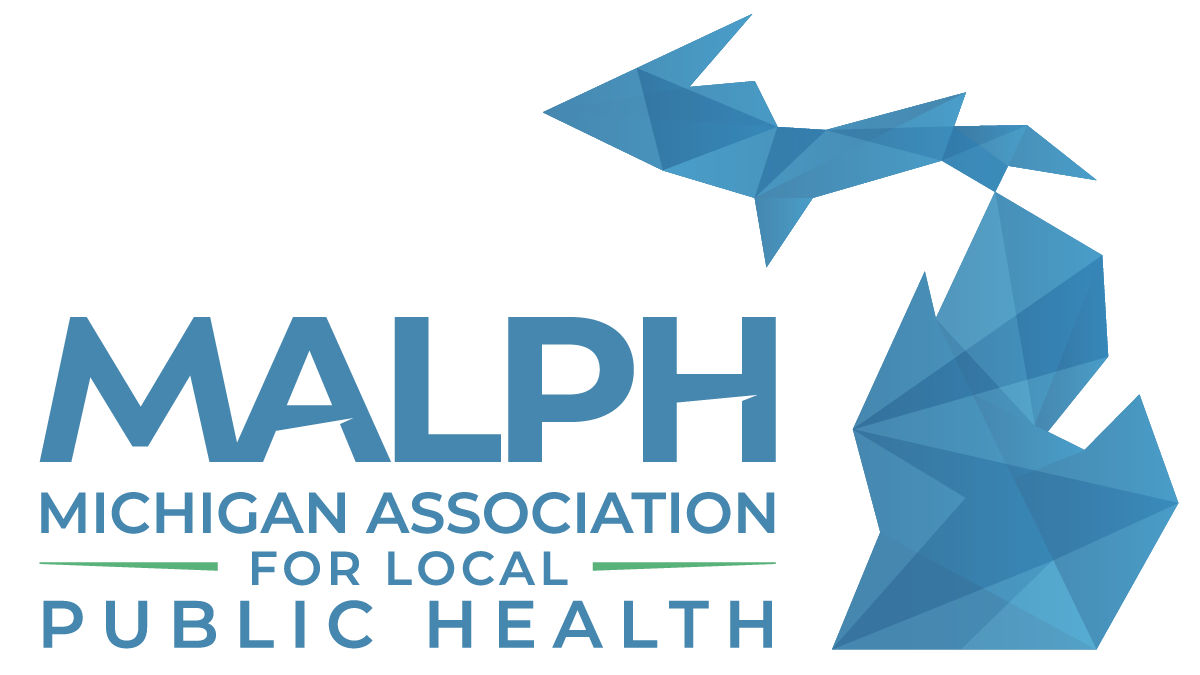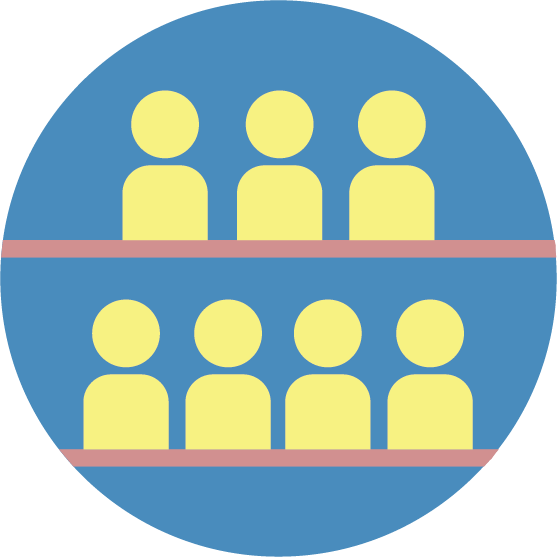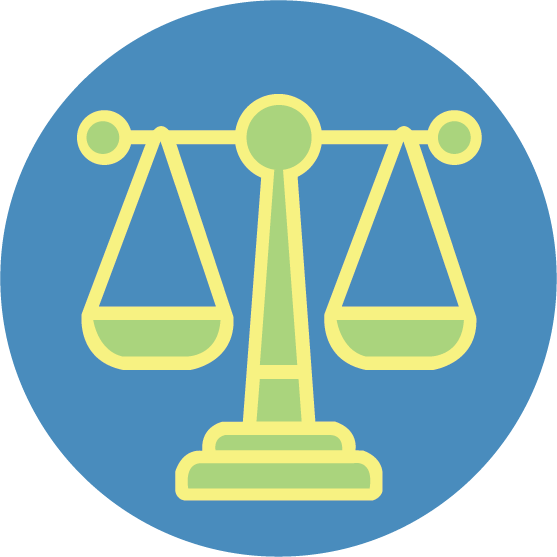1-2pm
The Michigan Department of Environment, Great Lakes, and Energy’s (EGLE) School and Child Care Drinking Water Program is excited about additional funding and expected changes to the program this year! Through a series of four free webinars - one each month starting in February - we will discuss ways to improve drinking water quality within the building to protect the health of young children and students and will provide information about free resources to accomplish these things.
School and child care facility directors, custodial staff, principals, superintendents, school board members, plumbers, and water system operators should attend these webinars. Each webinar will be recorded and posted online when available. Continuing education credits are available for certified drinking water operators and the Facilities Director MSBO Voluntary Certification Program.
February 23, 1:00 - 2:00 p.m.
Introduction to School & Child Care Drinking Water Quality
Children are extremely vulnerable to the health risks associated with exposure to contaminants that may exist within school building drinking water. School building plumbing has the potential to introduce or harbor contaminants, therefore, it is critical to ensure proper operation, maintenance, and monitoring of the school water system. This webinar will give a general overview of the Michigan School Drinking Water Program and cost-free services, the basics of drinking water quality, and the importance of a drinking water management plan.
March 16, 1:00 - 2:00 p.m.
Get the Water Moving & Best Management Practices for Water Quality in School and Child Care Facilities
The potential for lead to dissolve into water can increase the longer the water remains in contact with lead in plumbing. As a result, facilities with intermittent water use patterns may have elevated lead concentrations which are detrimental to the health and development of young children. Stagnant or low flow of water also promotes the growth of bacteria in the system and other plumbing problems. This webinar will provide guidance on best water management practices and flushing protocols to reduce the risk of bacteria, lead, and/or copper contamination for the drinking water system.
April 13, 1:00 - 2:00 p.m.
Water Management & Water Sampling Plans for Schools and Child Care Facilities
Properly operating, maintaining, and monitoring the drinking water system helps build confidence in the delivery of quality drinking water and the protection of health. This webinar will provide guidance on how to develop a water management and testing plan to reduce the risk of bacteria, lead, and copper in school and child care building water.
May 18, 1:00 - 2:00 p.m.
Monitoring School & Child Care Facility Drinking Water for Contaminants
Although barriers are put in place to keep water in school buildings safe for drinking, events may happen to break one or more of those barriers down, potentially leading to water contamination. One way of knowing if a barrier is broken is through water sampling. This webinar will explain the importance of sampling water for coliform bacteria, lead, and copper, provide proper sampling techniques for reliable results, provide guidance for test result analysis, and describe actions for reducing the risks if contaminants are found.







